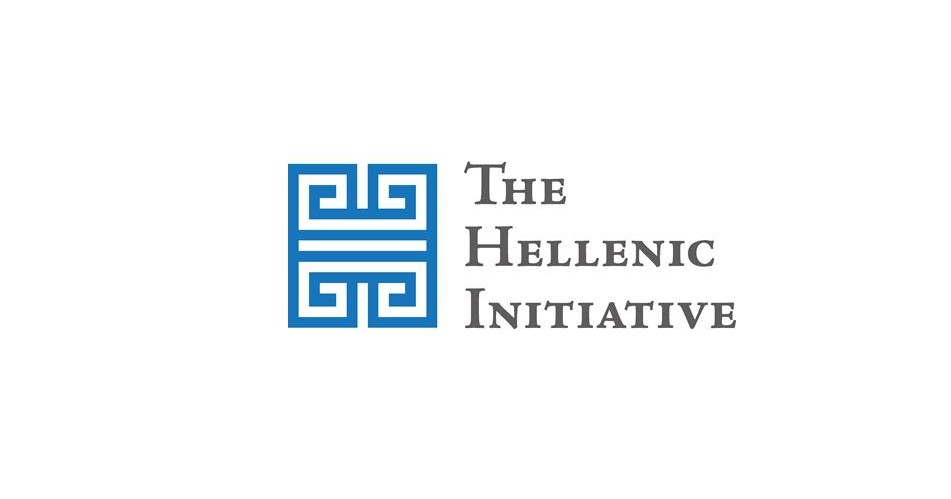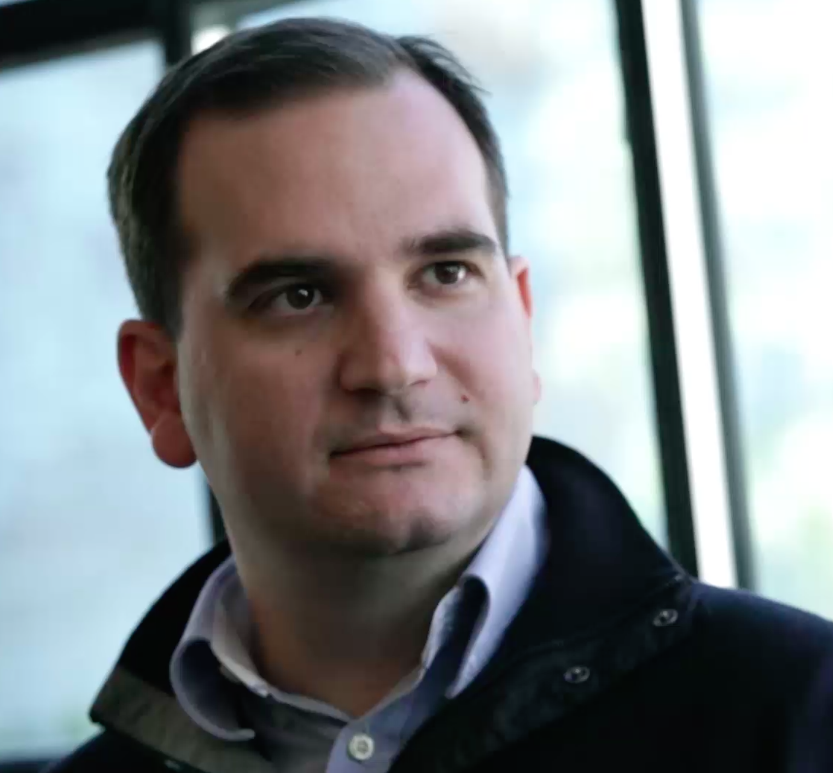
A need for a multi-stakeholder philanthropy
As we welcome 2021, we should also acknowledge that the period that we live through should be considered as the best possible testbed to see whether we learned anything from the past challenges. From the global financial crisis of 2008 to the Covid-19 pandemic and everything in between, the world was faced with challenges of great magnitude. Such challenges gave birth to two fundamental axioms for today’s societies. The first one is that massive societal challenges can only be solved through large-scale partnerships. From fixing a community to developing a vaccine, it is now more than evident that things cannot move forward unless true partnerships of a massive scale are built. Partnerships that bring together the private, the public and of course, the so-called third sector without demonizing any of them. The second point is that inequalities are still here, making otherwise common problems experienced in very different ways. A virus hitting every other human being is a very “democratic” problem. The impact, though, that it has in different demographics is very different. Ten years ago, the rich were the ones who could afford to travel. Nowadays, the rich are the ones who can afford to stay home. The impact of the Covid pandemic in low-income communities was much larger compared to the more affluent ones. The rich are now going out of the mega-cities following the exact opposite route that the poor took generations ago.
Greece is not an exception. Following the global financial meltdown, Greece faced a series of challenges asking for restructuring, new policymaking and a nationwide new narrative. At the same time, its unemployment was hitting sky-high numbers and the people living under the poverty line were measured in the hundreds of thousands, if not millions. At that point, many of the services, otherwise offered by the State, were now pivoted to the civil sector with the support of the funding coming from the foundations. This was not a sustainable model, but at least it provided the necessary safety net for the society at large, buying time before it started repairing its wounds on a larger scale. In Greece, It was a time of phenomenal giving. For many, a time reminding only the early periods when a new nation was being built or when a wounded country was coming out of a war. Billions of dollars were put in action from many large-scale foundations and, of course, from many smaller private and corporate donors. A new ecosystem was starting to develop. Young and talented Greeks were not looking anymore to secure a living through a career path in the public sector. Driven by deep care of what is happening around them and many of them with a pure wish to help, they developed grassroots solutions for very practical problems. From cleaning our sea waters to helping the homeless, it was evident that many teams were jumping out of this playbook lead by very talented young people who saw their role in society very differently. A certain feeling of social consciousness was starting to develop with them. People were interested in their neighborhoods and their communities and not just for their families and close relatives. Something which became even more vital during the last year or so, especially during the lockdown period.
HIGGS, of course, had a pivotal role to play by encouraging and at the same time structuring the development of such an ecosystem. The Hellenic Initiative is also a result of these challenges and the need to put solutions forward. It was the first time that something of this nature was happening in the Greek Diaspora, uniting Greeks and philhellenes worldwide. Since its launch nine years ago, THI has put in fair use over USD 16,5 million working with over 60 nonprofits and programs in Greece. From supporting soup kitchens and vaccinating children to creating jobs for the youth and investing in startups. As we often say, we try to give people a fish while teaching them how to fish for themselves.
As we enter a new decade, we can all agree that there is a lot to be done. Especially now, when our society is more open to trying new things and addressing old problems with novel solutions. I think that foundations, like THI, have a role to play, especially when it comes to de-risking some of the suggested solutions and also boosting partnerships across the board.
Foundations should be seen as vehicles driving social innovation and structural change, working with the third sector, hopefully reaching a point where programs can then be adopted and scaled up by the State. To achieve this more efficiently, I would argue that there needs to be more cooperation among the different institutional donors and the nonprofits present in the country. We cannot build efficient solutions unless the networks we put in action have many to many connections and not just one to one. We need to focus more on exchanging information and boosting nonprofit partnerships. We need to be more open around our failures and quicker in scaling our successes. There is a long way in front of all of us, but I am sure that looking back in the last ten years or so, we should all feel very proud about what was accomplished in this country through the partnership of the foundations and the nonprofits, at this dire period that our country went through. Many people talk about the advent of a new model of multi-stakeholder capitalism. I like to think that there is room for a new model of multi-stakeholder philanthropy as well. In the end, both should be working, hand by hand, trying to build better societies for all.
Michael Printzos
Director of Programming
The Hellenic Initiative


